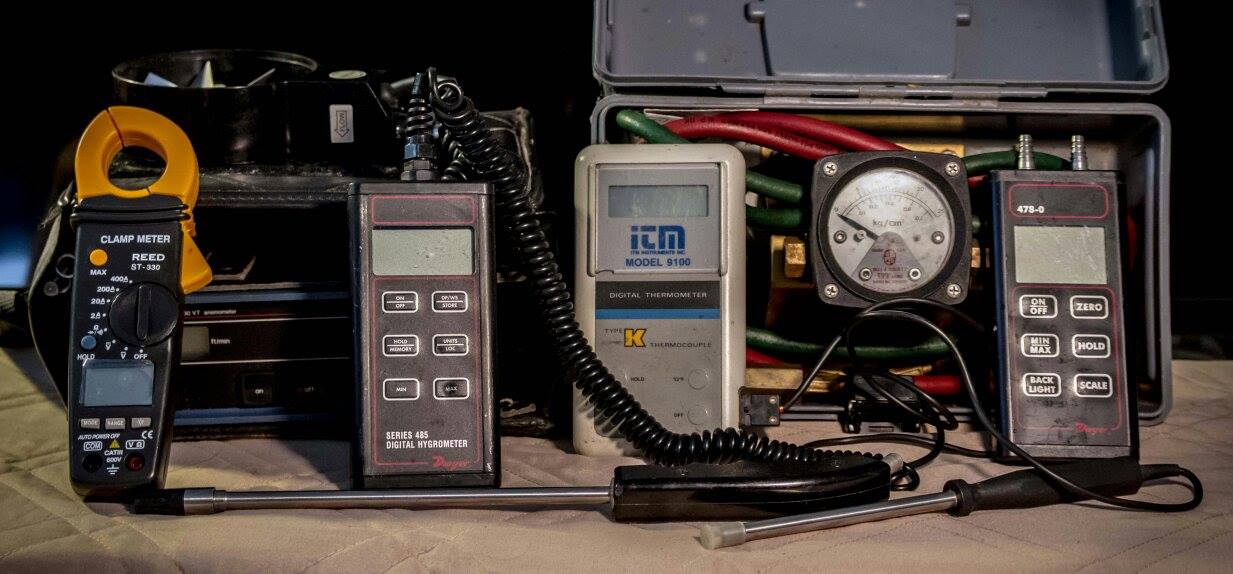Hydraulic Terms O, Hydraulic phrases O, Hydraulic glossary O

Hydraulic Terms O speaks to hydraulic phrases O and hydraulic glossary O which are words and phrases beginning with the letter O which are of common use in the hydraulic industry.
Oil Wire Mesh Filters These filters which are installed in the system must be cleaned regularly. This cleaning may be accomplished by washing in a clean solvent or a hot soap water ammonia solution and blowing off the element with clean compressed air. A bristle brush may be used for scrubbing the element. Do not use a wire brush or any other type of abrasive material.
Oil Operating Range Petroleum oil is an excellent lubricant for a hydraulic system but not at all viscosities. If the viscosity of an oil were too low, its fluid film would be like water and thus too thin. If the oil viscosity were too high insufficient amounts of fluid would flow into bearings and component clearances. Manufacturers dictate the range of viscosity of the oil that their equipment needs to operate.
Oil Oxidation This is a process by which material chemically combines with oxygen and is a common occurrence. Oxidation of hydraulic fluid can be pinned down to two system locations, the reservoir and pump outlet.
Oil Oxidation Test A check for oxidized oil is performed by comparing a sample of the fluid with a sample of new fluid from a drum. It is as simple as rubbing thumb and forefinger together with the samples and comparing the slipperiness of old to new.
Oil Problems In the day to day operation of a system as petroleum base hydraulic fluid operates certain problems can arise which may affect both fluid and system. Problems may be high pressure lubrication, oil oxidation, oil contamination with water, air bubbles and dirt.
Oil and Corrosion When speaking of hydraulic oil in a system, corrosion refers to a deterioration of a component surface due to a chemical attack by acidic products of oil oxidation. The process of corrosion dissolves metal and washes it away, reducing the part size and weight.
Oil and Rust When speaking of hydraulic oil in a system, rust refers to the process of a ferrous surface oxidizing due to the presence of water in oil.
Oil Water Test
A check for
water in hydraulic oil is done by comparing a used sample of oil to a new
sample.
Hold a beaker of new oil up to the light you will notice it sparkles a
little. If a sample contains .5% water it will look milky.
Open-Center System A system in which the yield of the pump has a free-flow passageway back to the reservoir, while in the neutral condition.
Open Center Valves Open center valves are the same as the tandem center, except that in the neutral position all lines are connected back to the reservoir. The primary use of this system is to prevent "shock" loading when the valve is placed in neutral. This takes pressure off the motor. This system is used in situations where the operating device needs to be moved by hand.
Orifice An orifice is a relatively small opening in a fluid’s flow path. Flow is affected by three factors, size of the orifice, pressure differential across the orifice and temperature of the fluid.
Output The Output of a hydraulic pump (gallons per minute, or GPM) is related directly to its operating speed. The pressure of a pump is determined by its manufactured capabilities.
Hydraulic Terms O
Return from Hydraulic Terms O to Home Page
Return from Hydraulic Terms O to Explain Hydraulics
Hard copy and E book for sale. Introduction to Building Mechanical Systems. Click here.